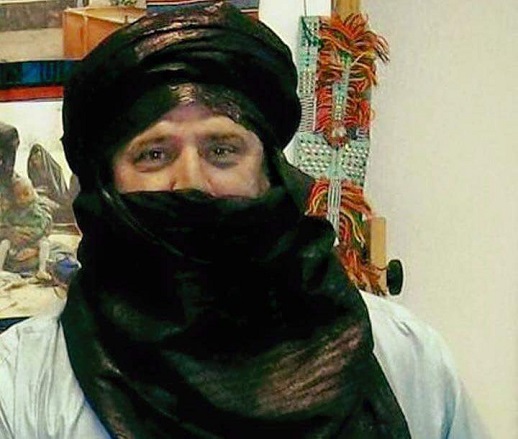
On the second anniversary of the disappearance of the American Christian aid worker Jeff Woodke from his home in Abalak, northern Niger, community leaders have called on Niger’s president to secure his release.
Woodke, 57, who worked for Jeunesse en Mission Entraide et Developpement (JEMED), was abducted by unknown assailants late in the evening of Friday 14 October 2016. The kidnappers, believed to be from an extremist Islamic group called Mujao, killed two security guards. Since then there has been no news from him or his abductors.
On the second anniversary, local officials, aid workers, representatives of the Niger army and others came together in Abalak to make a statement, paying tribute to Woodke.
In a video, released on 2 November, they confirmed their appreciation for his “memorable work” and their respect for him as a “community hero”, and said they had come together “to fulfil a moral mandate to Jeff: his freedom to help the Abalak population”.
“[We] hope that the President of the Republic of Niger will fully invest in order to achieve the release of Jeff,” they said, speaking in French.
Woodke had become known in Abalak for his devotion to Niger and its nomadic populations. He had lived in the region since 1992 and had been running several development projects among the Tuareg people group, focusing on farming, health, literacy, primary-school education and improving access to drinking water, amongst other things.
In their statement, the community leaders also said they were disappointed “at the dull ear reserved for Jeff’s wife’s cry last year” – a reference to the videos that Els Woodke has released, calling on the kidnappers to let her husband go.
On the anniversary of his disappearance, she released another video statement, this time directed at her husband.
“I want you to know that I’m doing everything I can to get you home,” she says, in French. “It’s been two long years. You have not been abandoned. Not by God and not by those who help me … Do not lose hope.”
In the two years since Woodke’s kidnapping, little has been known, or at least divulged, about his condition or location, other than that his captors were tracked to neighbouring Mali by Nigerien authorities. No group has publicly claimed responsibility.
In June, Niger’s president, Mahamadou Issoufou, said Woodke and a German aid worker kidnapped in April this year were both alive, though he gave little else away. “We have some news; we know they’re alive … We continue to create the conditions for their release. Perhaps the contacts that are underway will help to achieve that goal,” he told TV channel France24.
Abalak’s mayor, Bilou Mohamed, told World Watch Monitor at the time of Woodke’s abduction that the community had “suffered a terrible tragedy”.
“This man has lived among us for years, even in when it has been difficult to accompany vulnerable populations … Everyone knows his goodness,” he said.